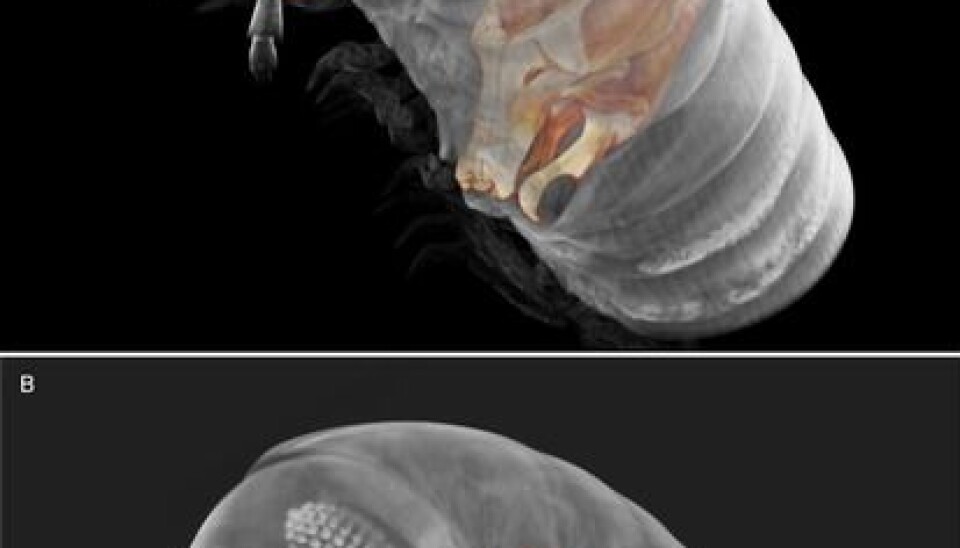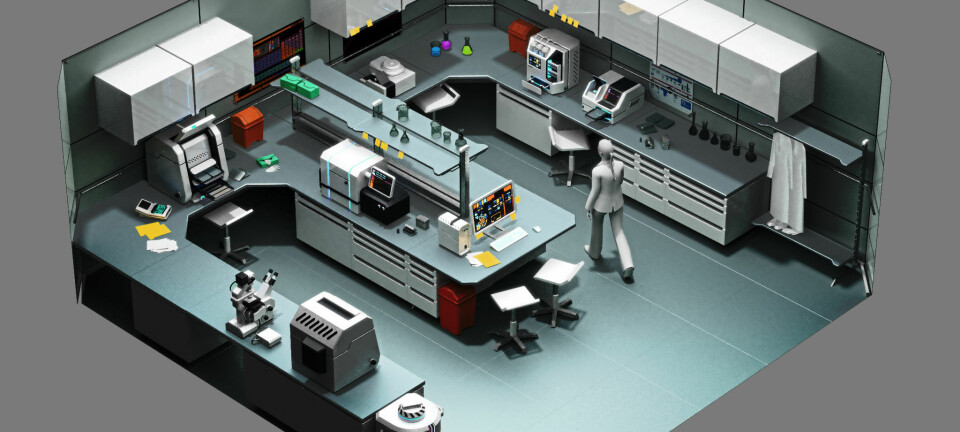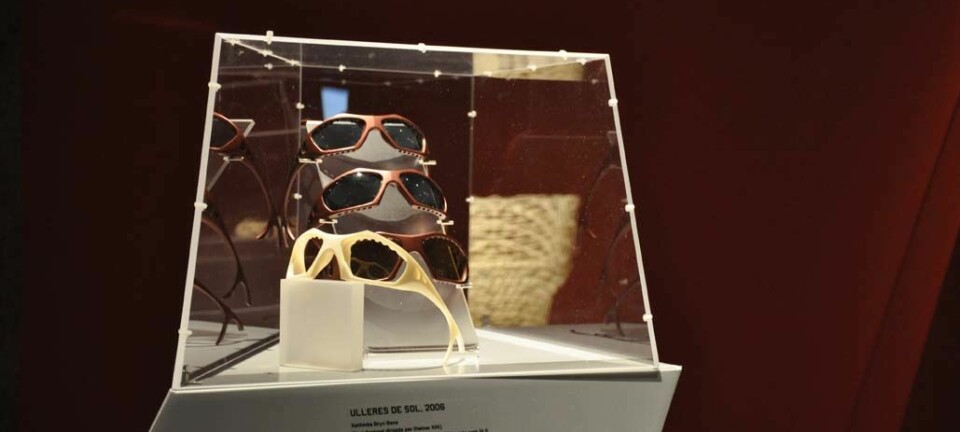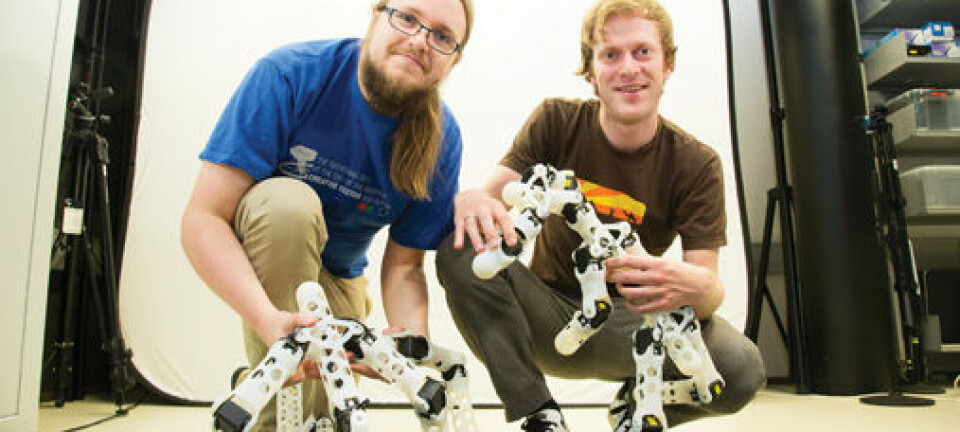
Scientists create first cybertype of Avatar millipede species
New method allows for cataloguing and detailed study of virtual specimens.
When new species are discovered and described, a so-called “type” specimen is placed at a museum, as a reference for future discoveries and studies. The problem is, that it is often difficult for scientists to get ahold of these types to study them closely.
Now, a group of taxonomists have found a solution to that problem.
They have created an advanced and detailed 3D model of a newly discovered millipede species--a so-called “cybertype”--which will allow taxonomists from all around the world to study the millipede in detail.
“Approximately 1.5 million new species have been described, which--despite the widespread desire to know the species with which we share our planet–accounts for only a modest fraction of global species diversity. Taxonomists are therefore constantly looking for methods that could accelerate the pace of species discovery and enhance conventional description methods, but only a few attempts have been made to employ modern technologies in myriapodology,” writes the study authors in their paper, which has been published in PLOS One.
They hope the method will catch on amongst taxonomists and improve the way new, and old, species are studied.
“There’s a great deal to gain from developing and publishing cybertypes,” said co-author Henrik Enghoff, a professor at the Natural History Museum of Denmark, in a press release.
“The cybertype can be dissected virtually--without the original type being destroyed. That allows us to preserve unique specimens and to study the old ones, which might be culturally and historically important, without cutting them into pieces,” said Enghoff.
-----------------
Read the Danish version of this article on Videnskab.dk
Translated by: Kristian Secher









